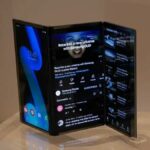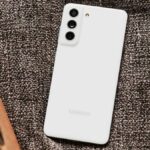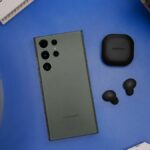
Samsung today announced its latest camera sensor for smartphones that features a 12MP sensor and comes with Dual Pixel technology. For better low-light performance, the sensor also features large 1.4u pixels
The Dual Pixel technology employed by Samsung in its latest camera sensor has up until now only been seen on high-end DSLRs. This technology allows the 12MP sensor to use 95% of its pixels for focusing that leads to almost instantaneous autofocus.
The sensor also employs Samsung’s ISOCELL technology that helps in reducing color cross talk. To keep the sensor thin, Samsung boasts that it has used a cutting-edge chip-stacking technology.
“With 12 million pixels working as a phase detection auto-focus (PDAF) agent, the new image sensor brings professional auto-focusing performance to a mobile device,” said Ben K. Hur, Vice President of Marketing, System LSI Business at Samsung Electronics. “Consumers will be able to capture their daily events and precious moments instantly on a smartphone as the moments unfold, regardless of lighting conditions.”
If the spec sheet of the sensor seems familiar to you that’s because Samsung is using a similarly spec’d sensor on the Galaxy S7 and Galaxy S7 edge. However, preliminary spec sheet revealed that the company was using a camera sensor from Sony. It is likely though that down the line Samsung will end up using this sensor on the Galaxy S7 and Galaxy S7 edge. The performance difference between the two sensors should not really be huge, so end consumers are likely not going to be affected by this change at all.
[Via Samsung]


















